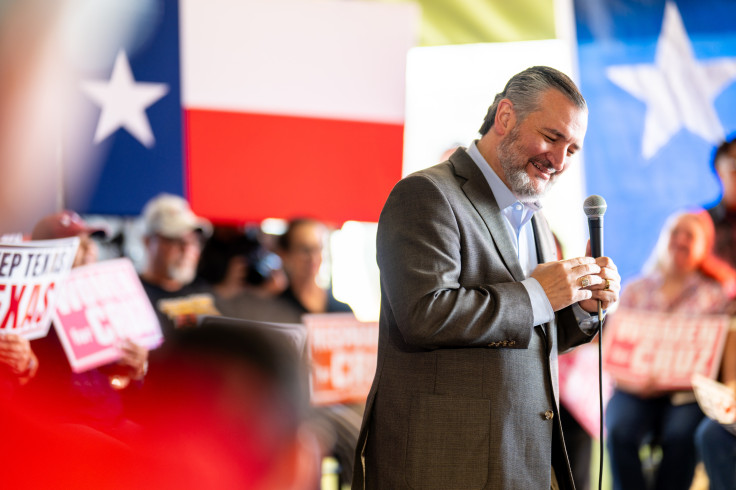
Ted Cruz secured a new term in the U.S. Senate after a fierce campaign that pitted him against U.S. Congressman Colin Allred, winning by a larger margin than expected. With 71% of the votes tallied, the incumbent secured a larger-than-expected advantage over his Democratic opponent, getting 53.6% of the support compared to Allred's 44.4%.
Fox News, on its end, also projected Cruz will win the elections after getting 53.81% of the vote compared to Allred's 44.2% with more than 68% of the votes tallied.
During his campaign, Cruz largely focused on immigration, promising to back conservative policies that would "keep Texas, Texas."
Polls throughout the race showed both candidates neck to neck, with some of the surveys even favoring Allred. Both campaigns raised more than $130 million in total, making this one of the most expensive Texas Senate races in history.
Allred outpaced Cruz in every quarter. His campaign reported collecting 1.8 million individual contributions and $68.7 million in total receipts since its launch, along with contributions from 252 of Texas' 254 counties and an average donation of $36.57. The money was mostly used on televised ads targeting key voter blocs.
Cruz's campaign launched multiple million-dollar ads attacking Allred's "liberal" stance on transgender and immigration issues. Cruz claimed the U.S. Congressman backed "open borders" and planned to use taxpayer money to pay for transgender treatment for minors, claims Allred's campaign had to constantly flag as misleading.
On the other hand, Allred's campaign focused on ads blasting Cruz for rejecting a bipartisan border security bill and "standing in the way of efforts to lower prescription drug costs, raise wages, and lower prices across the board. Allred also took a strong stance to defend abortion and reproductive rights, citing cases of women dying and suffering from medical complications.
Throughout his campaign, Allred described Cruz as an underperforming lawmaker and gained endorsements from prominent Republican figures including Liz Cheney, former Republican Congressman Adam Kinzinger, and Former state Rep. Jason Villalba.
Allred's Republican endorsements helped position him as a moderate lawmaker, with experience in bipartisan initiatives helping him draw significant attention and support from moderate and conservative voters who oppose Cruz's polarizing and often controversial tenure.
Cruz, in contrast, scored the endorsement of the U.S. Chamber of Commerce, with the group making the announcement during a tour through the state. "As a leader in the U.S. Senate, Ted Cruz has been a champion for pro-growth policies that help Texas businesses, individuals, and families achieve their American dream," said Neil Bradley, the group's executive vice president and chief policy officer.
The candidates continued pushing their message during their final campaign weekend. Cruz went to El Paso and McAllen to address Latino-heavy populations near the border, while Allred sought to mobilize supporters in his hometown of Dallas.
For over three decades, Texas Republicans have maintained a strong hold on the state's U.S. Senate seats, underscoring the state's traditionally conservative leanings in federal elections. In 2018, Cruz narrowly defeated Democrat Beto O'Rourke by less than three percentage points, marking the closest statewide race in four decades.
© 2025 Latin Times. All rights reserved. Do not reproduce without permission.





